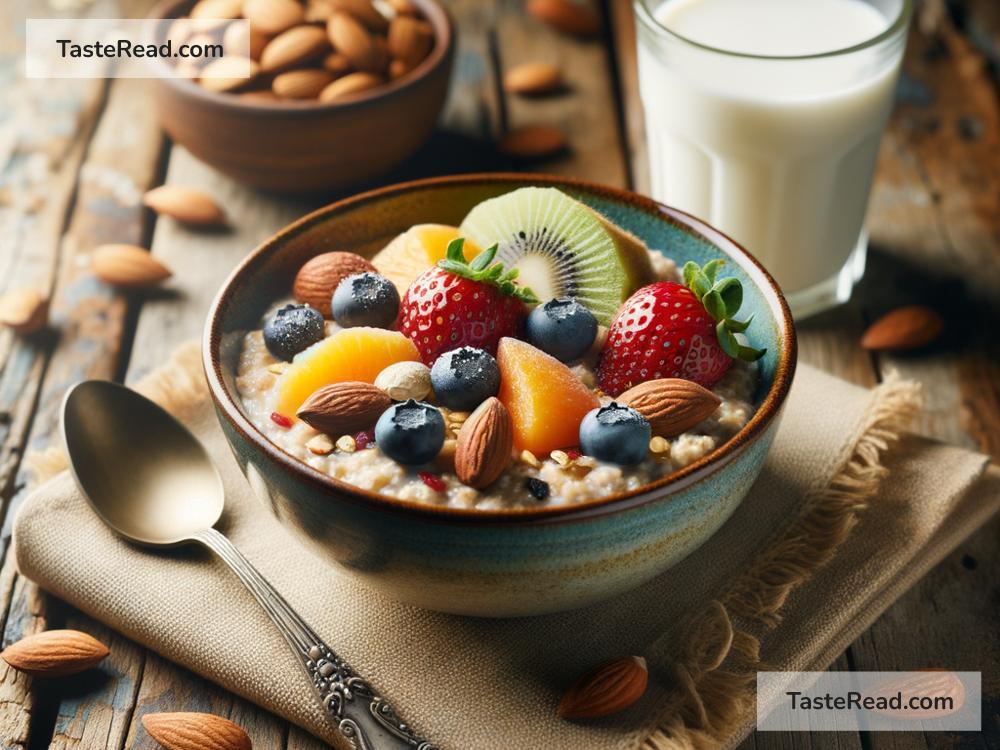Gluten-Free Diets and Bone Health: What You Should Know
In recent years, gluten-free diets have become more popular, riding the wave of health-conscious eating. You’ve probably seen gluten-free options popping up all over, from restaurant menus to supermarket shelves. Initially, these diets were designed for people with celiac disease, a disorder where gluten causes harm to their digestive system. However, many others are now choosing to cut out gluten, believing it contributes to better health. But there’s an angle to this diet choice that doesn’t always get much airtime: its impact on bone health.
First things first, let’s understand what gluten is. Gluten is a protein found in grains like wheat, barley, and rye. It’s like the glue that holds food together, giving it shape and texture. For some people, eating gluten doesn’t cause any problems. But for others, like those with celiac disease or gluten sensitivity, it can trigger harmful reactions.
Here’s where things get interesting: when you remove gluten-containing foods from your diet, you could be missing out on key nutrients vital for bone health. These include calcium, vitamin D, and fiber—nutrients often found in foods that contain gluten. Without these nutrients, your bones might not be as strong as they should be, possibly leading to bone-related issues down the line.
So, if you’re on a gluten-free diet, how can you make sure your bones are getting all they need to stay healthy and strong? Here are some essential tips:
1. Focus on Gluten-Free Whole Grains
Not all grains contain gluten. Quinoa, rice, and corn are fantastic gluten-free options that you can incorporate into your meals. These grains can be rich in vitamins and minerals beneficial for bone health. Make them a staple in your diet to help keep your bones strong.
2. Bundle Up on Calcium and Vitamin D
Calcium is the cornerstone of bone health, while vitamin D helps your body absorb calcium. Dairy products are prime sources of these nutrients, but many are also gluten-free. If you’re dairy-intolerant or vegan, you can turn to fortified plant-based milks and juices, calcium-set tofu, and various greens like kale and broccoli.
3. Soak Up Some Sunshine
Vitamin D is also known as the “sunshine vitamin” because your body produces it when exposed to sunlight. Just 10-15 minutes of sun exposure a few times a week can boost your vitamin D levels, aiding in stronger bones. However, depending on where you live, the time of year, and your lifestyle, it might be challenging to get enough sun. In those cases, supplements can be a beneficial alternative.
4. Consider Bone-strengthening Exercise
Exercise is crucial for everyone, but it’s especially beneficial for those concerned with bone health. Weight-bearing exercises, like walking, jogging, and strength training, can help build and maintain bone density. Aim to incorporate these activities into your routine several times a week.
5. Supplements May Help
With a gluten-free diet, even with careful planning, it might be challenging to get enough of all the nutrients you need. That’s where supplements can fill the gap. Consider taking a daily multivitamin or specific supplements for calcium and vitamin D, but always consult with a healthcare provider before starting any new supplement regimen.
6. Keep an Eye on Your Bone Health
Finally, it’s crucial to monitor your bone health, especially if you’re on a long-term gluten-free diet. Regular check-ups with your doctor, including bone density tests, can help catch any issues early and keep your bones healthy and strong for years to come.
In conclusion,
Opting for a gluten-free lifestyle doesn’t inherently harm your bones. However, it does require you to be more mindful about getting all the nutrients your bones need to stay healthy. By focusing on a balanced diet rich in calcium, vitamin D, and engaging in regular exercise, you can enjoy the benefits of a gluten-free diet without compromising your bone health. Keep these tips in mind, and you’re on your way to stronger bones!


